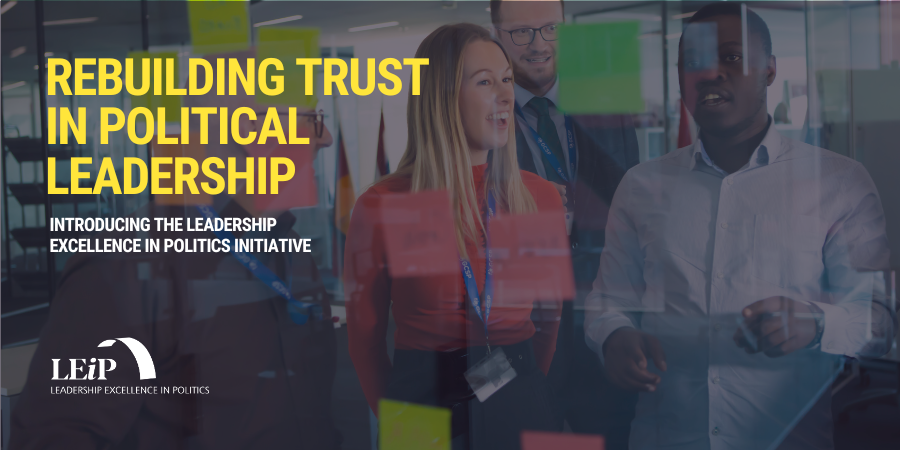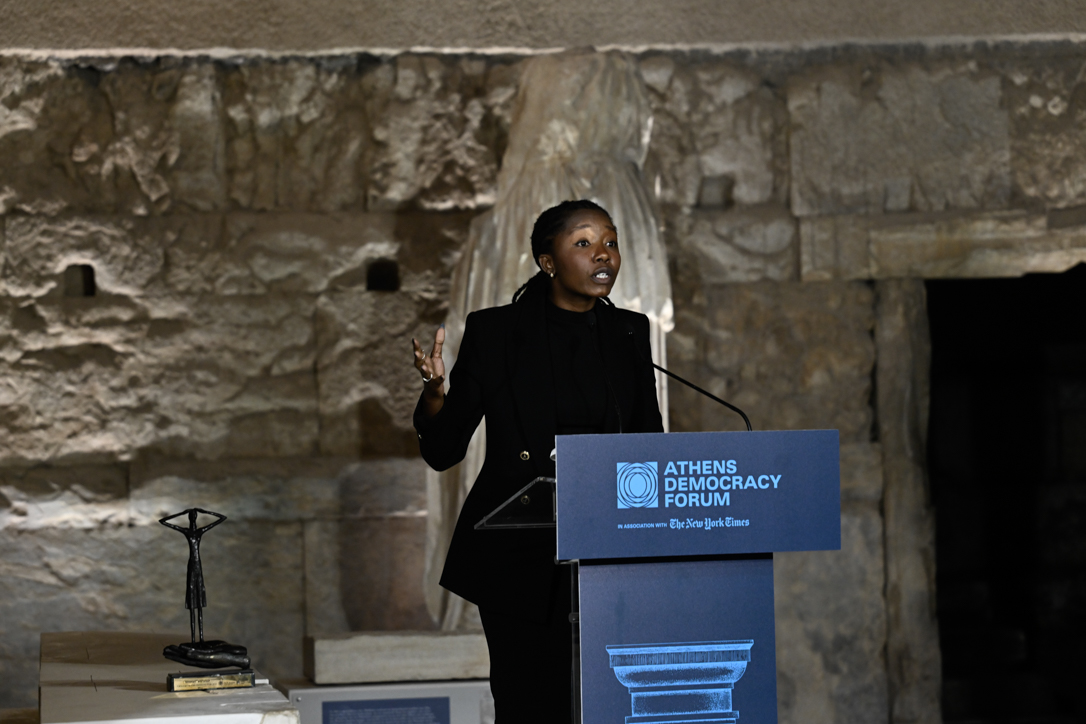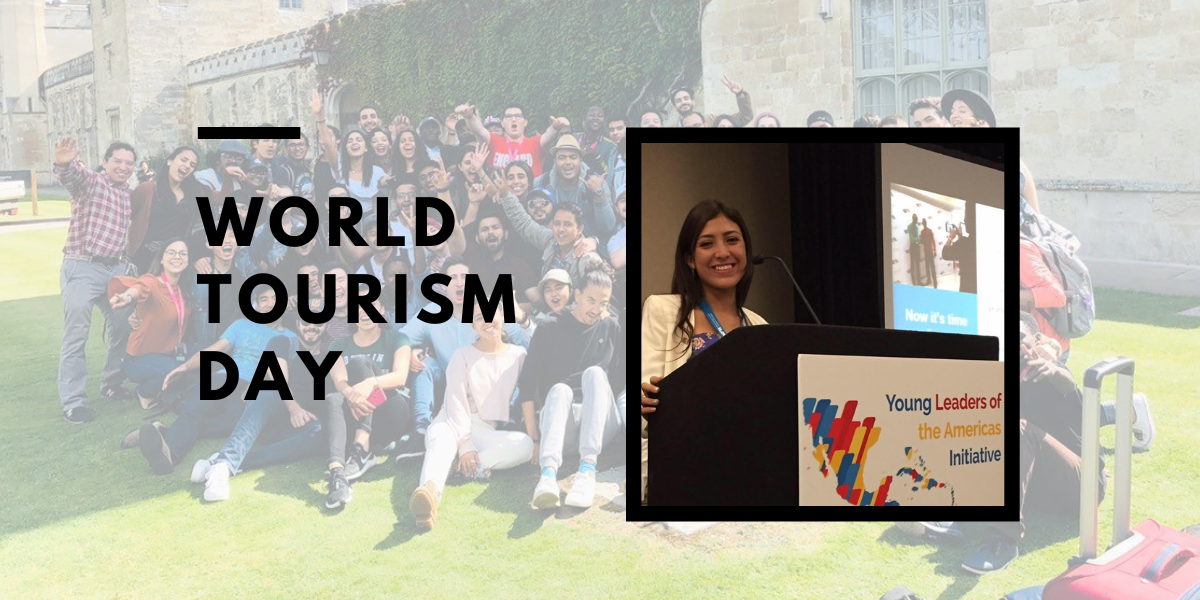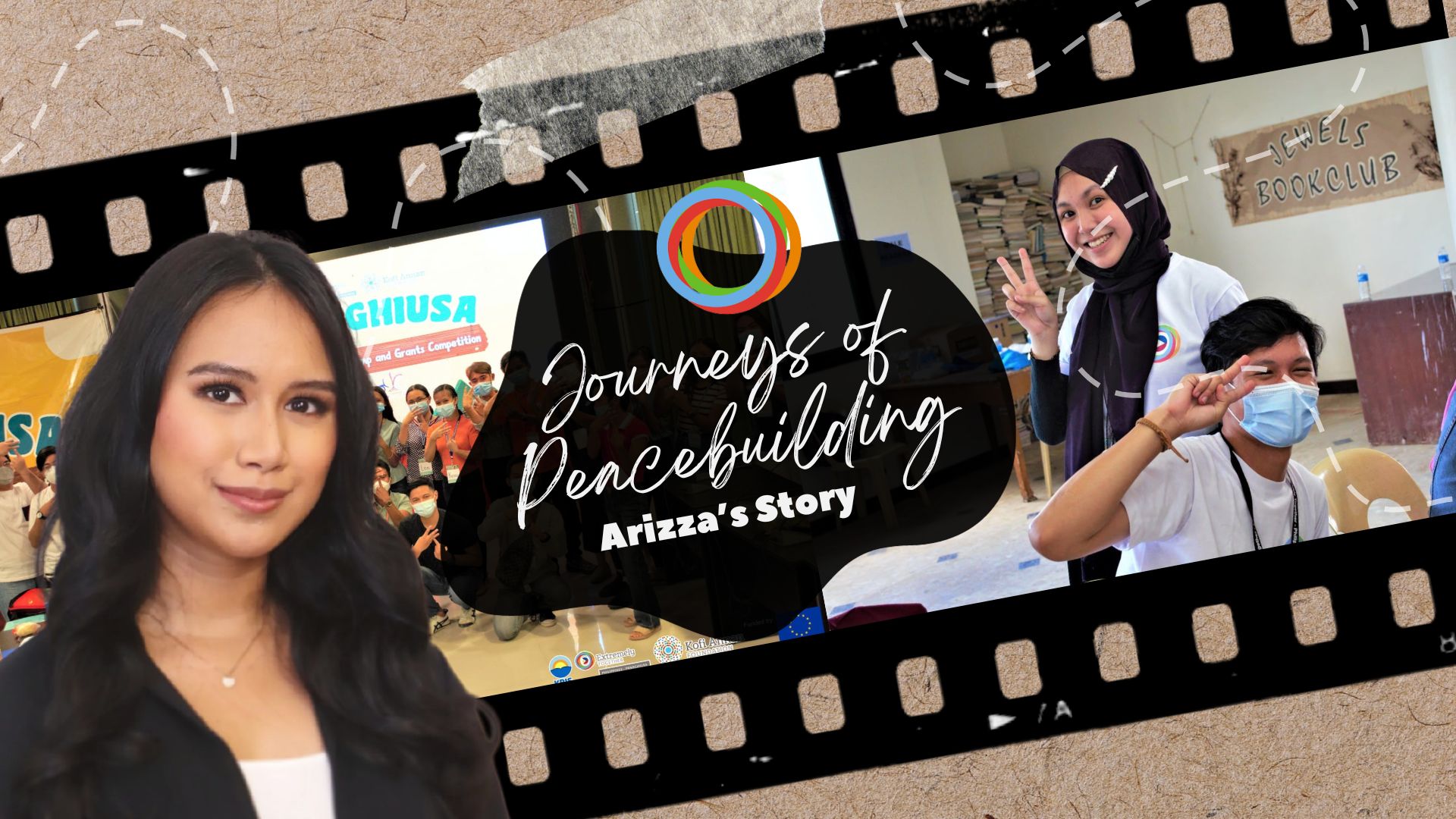Evaluation Report | Youth preventing violent extremism in urban South and Southeast Asia
The Kofi Annan Foundation is pleased to share the Evaluation Report for the “Leading the Way to Peace – Youth Together for Social Cohesion” project. This report summary presents the external evaluation findings by the Agency for Peacebuilding (AP) for the project. The “Leading the Way to Peace – Youth Together for Social Cohesion” project was funded by the European Union (EU) and implemented by the Kofi Annan Foundation alongside the College of Youth Activism and Development (CYAAD) in Pakistan, the Kristiyano-Islam Peace Library (KRIS) in the Philippines, and the Global Community Engagement and Resilience Fund (GCERF) and Rupantar in Bangladesh.
About the project
The project targeted urban areas in each country and was implemented from February 2020 to January 2022. The overall aim was to enhance civil society organizations (CSOs) and youth capacities for youth-led prevention of violent extremism (PVE) by identifying and comparing different approaches and good practices to be shared and replicated in the region of South and Southeast Asia and beyond.
Download the Evaluation Report
Evaluation Summary
The “Leading the Way to Peace – Youth Together for Social Cohesion” project was evaluated against three broad criteria: relevance and added value, effectiveness and efficiency, and impact and sustainability.
1) Relevance & Added Value
The report shares that the project has an added value since it complements existing projects by filling a void. PVE programs rarely focus on urban, middle-class youth as a specific target group and the exchange of knowledge and best practices between civil society organizations. A review of the literature and the research carried out during the project in the region have shown that recruitment is not anymore only targeting poor, excluded, less-educated youth, explaining that now “universities have become hotspots for recruitment.”
On the other hand, as digital natives, “urban youth are the most enthusiastic when it comes to connecting, learning and sharing content in social networks.” They hold considerable influence over contemporary social, cultural and religious narratives, which gives them a comparative advantage when they engage in PVE efforts.
Furthermore, the report states that the peer-to-peer approach employed by the project, when matched with capacity building activities, proved to be an effective method to engage youth in PVE. “It responded to youth needs not only by increasing their engagement in PVE but also by developing their self-confidence, communication and leadership skills, which are particularly useful to them as they grow up, enter the job market and play an increasing role in their communities.”
“The project taught us how to dissent, to be critical, and yet encouraged us to be open and have a common understanding on issues that matter to us.”
– Project participant, Tegum City, Philippines
2) Effectiveness & Efficiency
The findings concerning efficiency and effectiveness are positive. The project increased youth exposure to the prevention of violent extremism and their interaction with diverse peers, including minorities, and created a safe space to include marginalized communities, allowing everyone to speak up and share their perspectives without fear. Notably, the report points out the fact that the project was youth-led: “young people were given skills and support to come up with ideas and implement them.” The report states that this approach is highly motivating for young participants.
“Trainings were designed to be action-oriented and encourage youth to put into practice their newly acquired skills and understanding of PVE through projects and campaigns for the benefit of their communities.”
Furthermore, the report praised the use of art, music and sports-based interventions. AP states that this approach is “necessary to mobilize young people around contested and sensitive issues in a less controversial way”, and it was also, according to several participants, compelling in its own right, contributing to creating stronger bonds among participants. Using art and culture makes PVE more relatable and engaging to young people. It also contributes to overcoming existing barriers and creating a sense of shared belonging between young people from different groups.
3) Impact & Sustainability
Findings concerning impact and sustainability are generally positive, but the evidence was not enough to validate the assessment in some cases. The report shares that the project “successfully expanded young participants’ leadership skills and contributed to giving participating young people a greater role in their communities, encouraging them to be diverse and develop their own voice and way of doing things.”
A further positive step was taken in the establishment of strategic partnerships with relevant stakeholders organizations. Throughout the project, a constructive and mutually nurturing relationship between all partners was formed, which, as the report states, created a broader network for a more sustainable engagement in this field and a more fluid and frequent sharing of expertise among organizations. Also, the report specifically praised the work of the Kofi Annan Foundation to “encourage partners to connect and exchange on mutually relevant topics.”
Download the Evaluation Report
Report Recommendations
The combined learning and evaluation of this project contribute to the Foundation’s further programming on PVE. More specifically, the recommendations will advise the follow-up to youth-led activities in the South and Southeast Asia region. In particular, AP emphasized the need to be more intentional and creative about meaningfully including women in PVE activities, suggesting that we further integrate gender analysis into our research. The report also called out the need for greater attention to the specific barriers to women’s participation, particularly how to improve the project’s impact on young women.
“…partners should think to develop a specific strategy to engage young women, for example establishing trust with girls’ parents to explain and persuade them to let the daughters join them.”
We want to thank The Agency for Peacebuilding for their evaluation work, our partners, the College of Youth Activism and Development (CYAAD) in Pakistan, the Kristiyano-Islam Peace Library (KRIS) in the Philippines, and the Global Community Engagement and Resilience Fund (GCERF) and Rupantar in Bangladesh, and our funding partner, the European Union. We are excited to take the project to the next step, supporting youth to lead the way to peace!
More about the Evaluators: Agency for Peacebuilding
The Agency for Peacebuilding (AP) is a non-profit organization whose mission is to promote conditions to enable the resolution of conflict, reduce violence and contribute to a durable peace across Europe, its neighbouring countries, and the world. AP has a solid record of completing final evaluations for leading human rights, development and peacebuilding organizations, including on initiatives focused on the role of youth in peace and security. www.peaceagency.org




